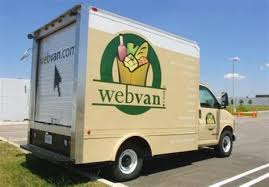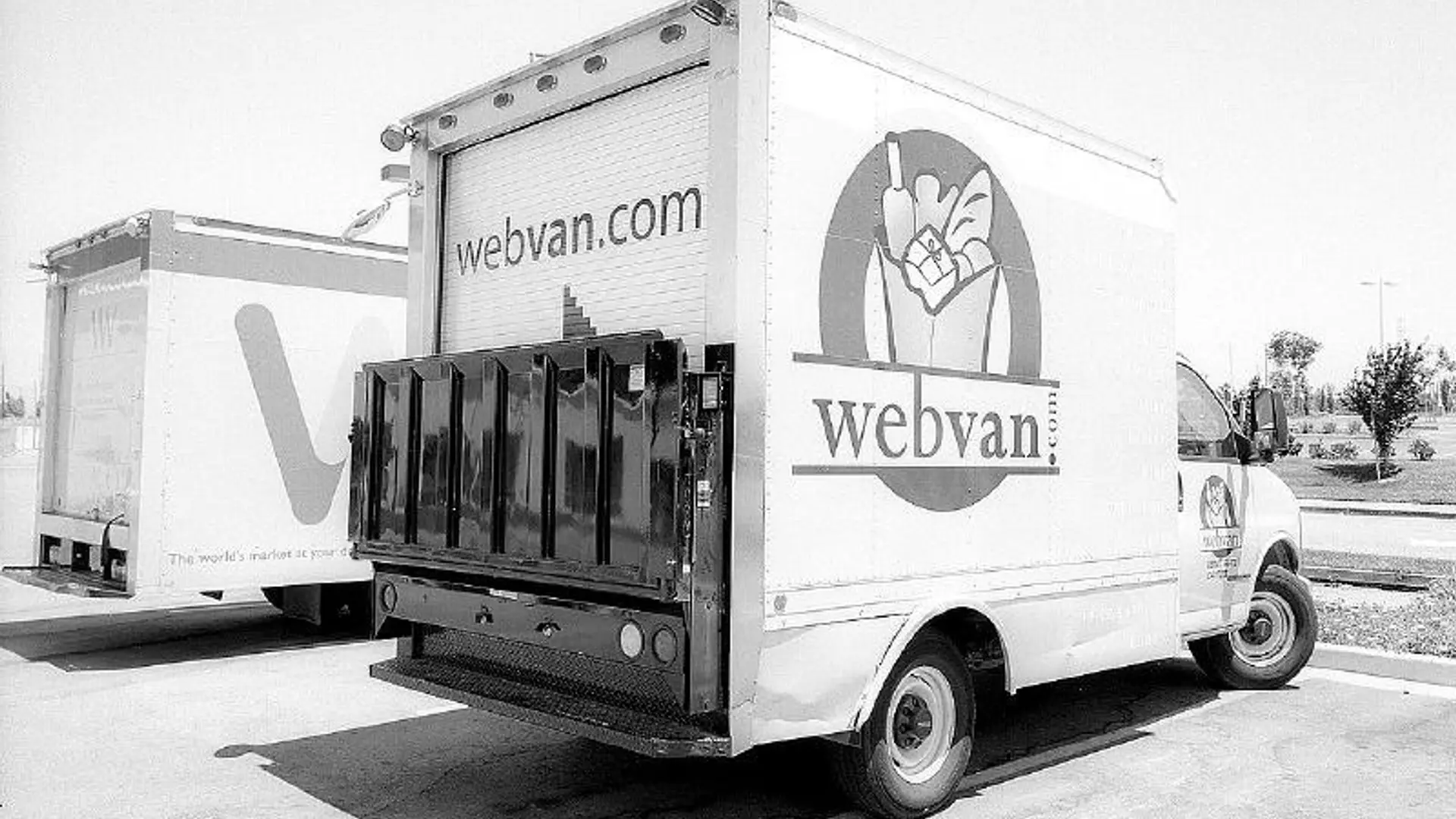Back
Inactive
AprameyaAI • 1y
In 1999, Webvan, an online grocery delivery startup (us zamane ka zepto), was scaling at a breakneck pace. Backed by millions in venture capital, they expanded to multiple cities in the US, built massive warehouses, and hired hundreds of employees, aiming to dominate the market. But by 2001, Webvan was bankrupt. What happened? They scaled too fast, too soon. Instead of refining their business model and understanding local markets, they overextended themselves. Customer demand wasn’t growing as quickly as they had predicted, and operational costs skyrocketed. Ultimately, they couldn’t sustain the rapid growth. Lesson? Stay small, at least in the beginning. 1. Focus on perfecting your product or service. 2. Understand your customer base. 3. Create a solid foundation before chasing rapid expansion. Scaling too fast can lead to cash burn, operational chaos, and eventual collapse. Growth is exciting, but growing at the right pace is what sustains businesses in the long run.




Replies (6)
More like this
Recommendations from Medial
Ashish Singh
Finding my self 😶�... • 1y
🤯 India's fastest unicorn Mensa Brands, founded by Ananth Narayanan in 2021, became India's fastest unicorn, achieving a $1.2 billion valuation in just six months.🫡 The company scales digital-first consumer brands across categories like fashion, b
See More
H K SRIKANTH RAJ
Creative Entrepreneu... • 4m
Founders are wasting time and capital managing four different partners for their IT, product, and dev needs. That fragmentation is not flexibility. It's an operational tax on your business. The key to rapid scaling is having one, high-context produ
See MoreVedant SD
Finance Geek | Conte... • 1y
PepperTap: A Startup's Rapid Rise and Fall PepperTap, an online grocery delivery startup in Gurgaon, experienced a meteoric rise but abruptly shut down within two years due to: * Overexpansion: Rapid growth without a sustainable foundation. * Fina
See MoreAnonymous
Hey I am on Medial • 1y
What's your views on this?? I get the intention of axis Bank to revive the ancient languages.But... While I watching this I thought the passwords can be inscribed in sanskrit but it generates the password in english but with Sanskrit word. What if
See MorePrashant Solanki
Entrepreneurial Mana... • 11m
Looking for recommendations! Who are the best business coaches specializing in the MSME sector? Ideally looking for someone with a strong track record in growth strategy, scaling, and operational efficiency. Open to both online options and coaches ba
See MoreSameer Patel
Work and keep learni... • 1y
The dot-com Crisis The .com crisis, or dot-com bubble, was a period of excessive speculation in internet-related companies from 1995 to 2000. Investors poured money into startups with inflated valuations despite many lacking solid business models. Th
See MoreDownload the medial app to read full posts, comements and news.
















/entrackr/media/post_attachments/wp-content/uploads/2021/08/Accel-1.jpg)




















